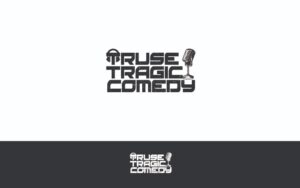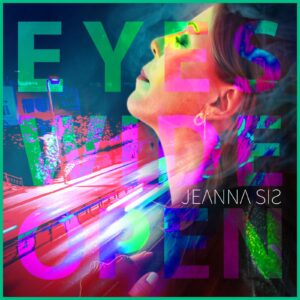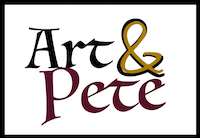Music has long been a part of protest in America, playing a vital role in joining the political conversation and inciting change.
In Marion Square and through the streets of downtown Charleston over the weekend, music was played during the daytime protests and marches that swept the city.
Trombone player Marcus McDonald and bugler Ian Walter Jones played Saturday while folks gathered and marched in protest to the killing of George Floyd by a Minneapolis police officer. The horns were played along to chants that included, “Hands up, don’t shoot” and “No justice, no peace, no racist police.”

“It felt powerful in this heightened state of affairs,” Jones said. “I felt the need to bring these chants out into the light.”
Jones, a 26-year-old historical re-enactor who grew up in Charleston and has performed with the Dirty Dozen Brass Band and at steeplechases, dressed in Vietnam War attire as he marched. He brought his “pocket trumpet” and played the Calvary charge bugle call as the group turned down Meeting Street from the Market.

Ian Walter Jones played his “pocket trumpet” during Black Lives Matter protests in Charleston on Saturday. Provided
“In terms of military history, the bugle was used to order the troops around, because the commander can only shout so far,” Jones said. “I felt motivated to play it. It was moving.”
During the march, Jones teamed up with trombone player Marcus McDonald, a 23-year-old who founded Adesso Entertainment and organizes charitable music events across town.
In an emotionally overwhelming moment, the music was a reuniting, calming force, Jones said. People clapped and danced; one police officer even asked for some horn lessons, McDonald said.
“I feel like music is the language that can bring everyone together if they don’t think too much about it,” Jones said.
Music is productive noise, a way to be heard when you can’t articulate the emotions you’re feeling, said Clayton James, a local rapper and protester who held a “How many have to die?” flag during the march through downtown Charleston.
“I think it was incredibly comforting to see riot gear met with music,” James said. “You meet us with gas and guns, and we will play music and dance.”

Demonstrators kneel together during a protest on Sunday, May 31, 2020, in Charleston. Andrew J. Whitaker/ Staff
By Andrew Whitaker [email protected]
McDonald reappeared on Sunday for an afternoon protest in Marion Square, where about 200 people gathered. Many knelt in front of a row of police officers clad in riot gear, who announced on loudspeakers that protesters must disperse.
McDonald called for a moment of silence to honor black lives lost, and within two minutes, police were shooting rubber bullets into the crowd, he said. His music, meant as a peaceful means of protest, ended for the weekend as he was teargassed and protesters were arrested.
James said he saw a lot of support from Charleston’s hip-hop community at protests over the weekend, including white hip-hop artists like Kevin and Johnny Shields of Little Stranger.
“I don’t know anyone who participated in the destruction,” James said.

In addition to local hip-hop artists, pop musicians like Little Bird, Persona La Ave and Joseph Dubay have also been outspoken participants in the protests.
“Seeing as hip-hop is a black genre historically, we all see a responsibility to not just enjoy the culture of black art, but also support our brothers and sisters in times of oppression,” James said.
Sign up for our daily newsletter
Get the best of The Post and Courier, handpicked and delivered to your inbox every morning.
Reach Kalyn Oyer at 843-371-4469. Follow her on Twitter @sound_wavves.






